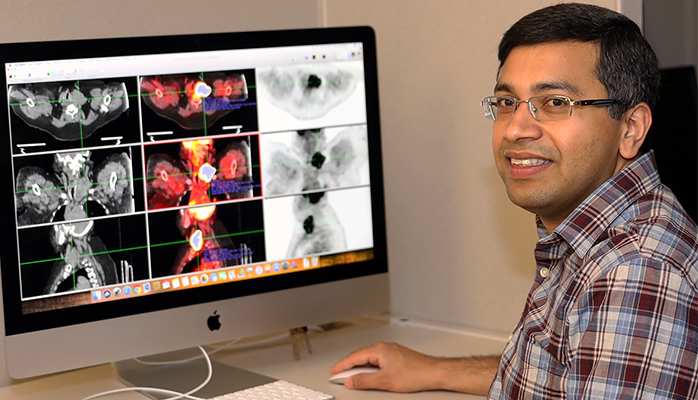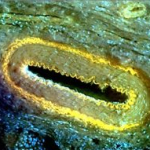UC Davis Awards Grants to Advance Innovative Solutions with Commercial Potential

Wheat plants photographed in Robbins Hall at UC Davis. UC Davis Professor Jorge Dubcovsky and Postdoctoral Researcher Josh Hegarty are collaborating with flour mills and artisan bakers to test and select a variety of Triticale, a hybrid that combines wheat and rye. (Karin Higgins/UC Davis)
DAVIS, Calif. — Seven scientists at the University of California, Davis, are receiving grants to advance research and innovations with commercial potential. The recipients are addressing an important range of challenges — from cancer to climate change — with unique solutions.
Now in its seventh year, the Science Translation and Innovative Research, or STAIR, grant program provides awards of up to $50,000 to campus innovators to enable demonstration of early proof-of-concept for technologies being developed at the university. A second program, Data, Informatics and Application Launch (DIAL), provides awards of up to $20,000 for innovations specifically geared toward data, information science or software.
“UC Davis is committed to seeing that innovations from the lab, clinic and greenhouse make their way to the marketplace so society can benefit from our discoveries,” said Prasant Mohapatra, vice chancellor for research. “The funding and support from this grant program fill a critical gap, allowing researchers to explore and test the commercial potential of novel and bold ideas that otherwise may not have been possible.”
The programs are funded and managed by Venture Catalyst in the UC Davis Office of Research. Several campus and industry partners also joined this cycle to increase the funding, including BASF, Elanco Animal Health, the UC Davis School of Medicine, School of Veterinary Medicine and College of Biological Sciences.
External review committees consisting of industry professionals, investors, and experienced entrepreneurs, assembled by Venture Catalyst, reviewed the proposals and selected the recipients of the awards.
In addition to receiving grants, recipients participate in a structured entrepreneurial training program, such as the Entrepreneurship Academy hosted by the UC Davis Mike and Renee Child Institute for Innovation and Entrepreneurship. Awardees are also paired with experienced business mentors to provide guidance on commercial translation. Read more >




 Gino Cortopassi, professor, Department of Molecular Biosciences; Alexey Tomilov, assistant project scientist, Department of Molecular Biosciences
Gino Cortopassi, professor, Department of Molecular Biosciences; Alexey Tomilov, assistant project scientist, Department of Molecular Biosciences


